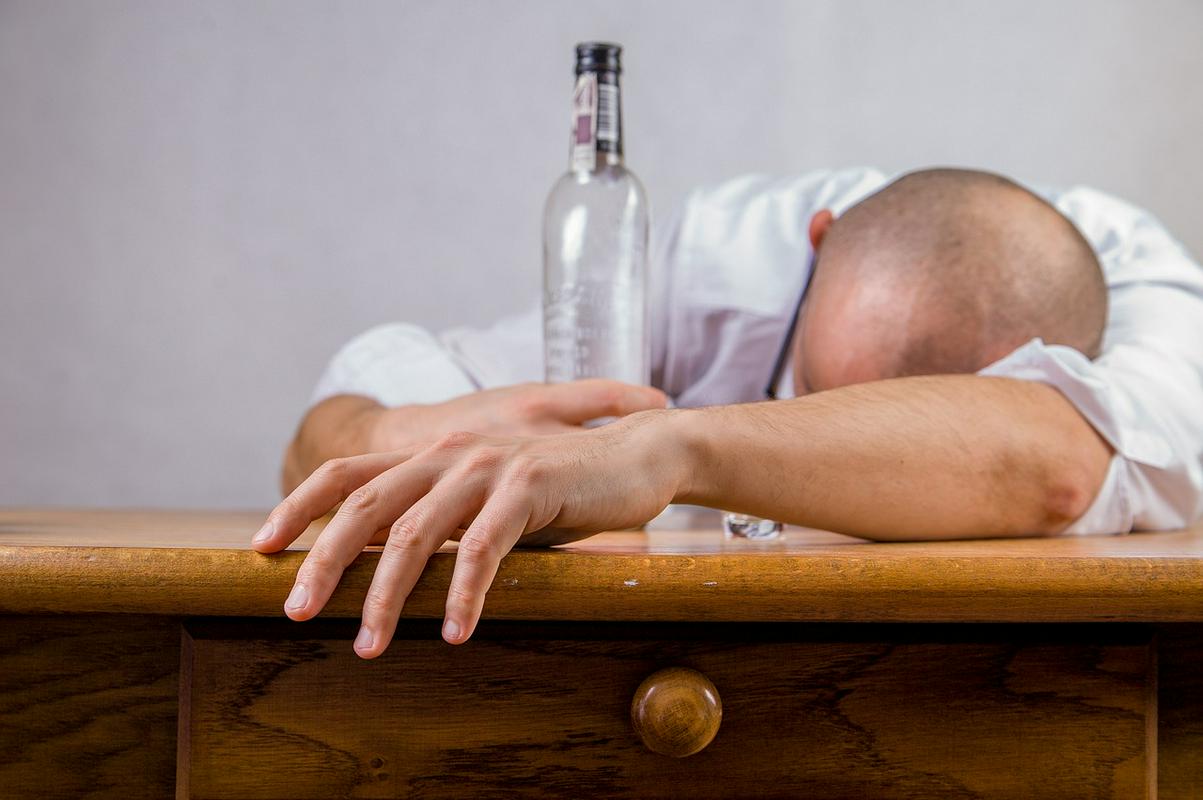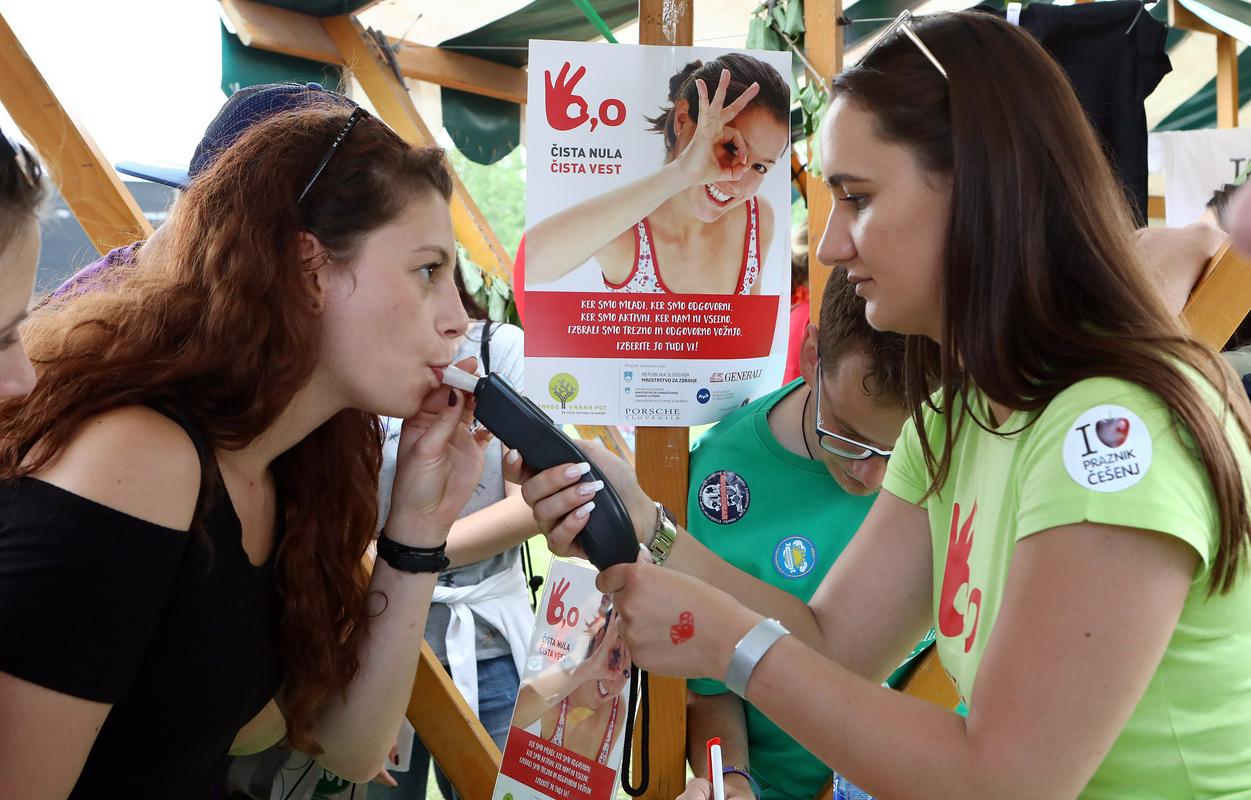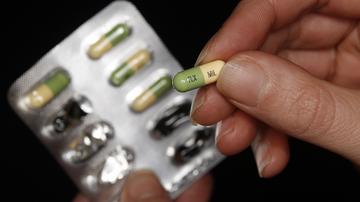

Statistics also indicate that alcohol is a serious problem in Slovenia. According to data published by the National Institute of Public Health (NIJZ), Slovenia is among the countries with the highest rates of alcohol consumption per capita. The consequences are felt not just by individuals; risky behavior represents a burden for society as a whole.
That’s why NIJZ developed the Project for a Responsible Approach to Alcohol (SOPA) in 2016. It will last until 2020. Among other things, the team behind the project wants to change society’s approach to alcohol.
Slovenia is a part of a group of countries comprising the EU, Norway, and Switzerland, where alcohol consumption is already twice as high as the world average. According to research, alcohol is responsible in whole or in part for costs amounting to 234 million dollars. Every day, alcohol is directly associated with two deaths a day in Slovenia. Road accidents caused by drunk drivers claim an average of 75 lives every year.
“Based on NIJZ data, eastern Slovenia has a significantly higher incidence of risky drinking, but since Slovenia is among the countries with the highest rates of alcohol consumption in the world, the statistics are concerning for the whole country,” explains Tadeja Hočevar, the head of the SOPA project.
That’s why the project is training experts from various fields to recognize and advise excessive drinkers. The program includes family doctors, nurses, and field caretakers, as well as specialist doctors, social workers, and NGOs that are in contact with the most at-risk groups.
A multifield approach is required to identify individuals before they become addicted. Štefan Lepoša, a social worker with extensive experience in the field of alcohol addiction, stresses the importance of cooperation between the medical profession and other fields. He points out that social centers once had employees dedicated to alcohol-related problems, but that this position is becoming increasingly rare. He considers the training of experts as a major step in the right direction. The process will enable the experts to recognize at-risk and destructive drinkers, to motivate them, and to refer them for treatment.





























































